While not a common element in Dungeons & Dragons, sometimes you will introduce a guest player to your table who only plays for a few sessions at most, then leaves, rarely to be seen again in the same game. Whether it’s a brand-new player or a friend in town with tabletop experience, a guest player can be an interesting way to shake up the party dynamic.
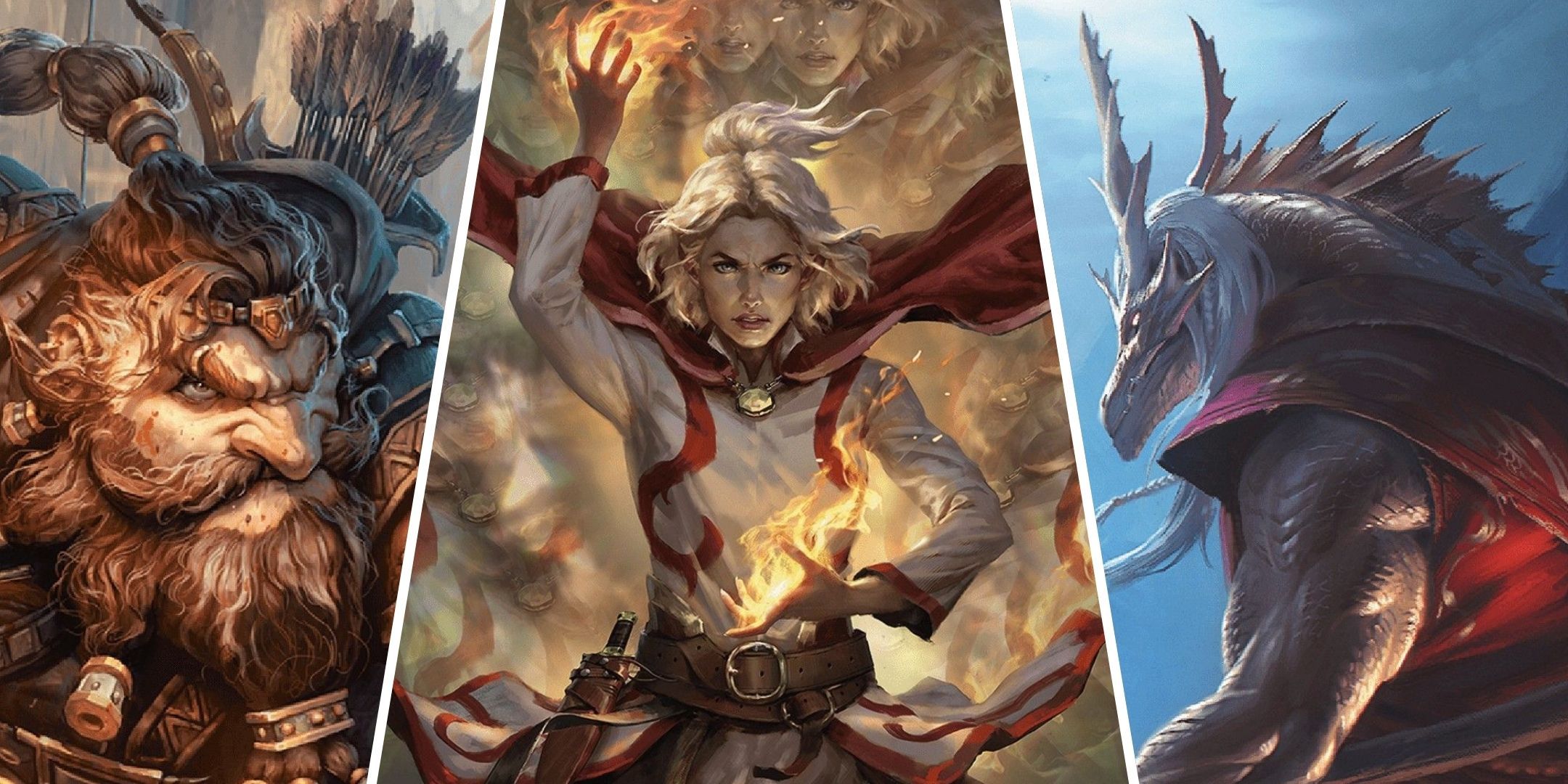
Related
Dungeons & Dragons: Best General Feats From The 2024 Player’s Handbook
We rank the feats in the 2024 player’s handbook to help you decide which are the best to invest in for your next character.
With this comes many unexpected challenges that you wouldn’t otherwise consider for the regular players at the table, no matter their experience level. Either way, they are likely to make a lasting mark on the table that most NPCs can only hope to obtain.
8
Introduce Them As Early As Possible
Assuming your guest player is only going to be playing in a handful of sessions at most, you will want to make sure they are playing almost as soon as your main group is. This is to avoid having them twiddle their thumbs at the table waiting to play in their already short time.
This can be a challenge in areas where your party happens to be in the middle of travel or currently hiking through frozen wilderness, but with magic and suspension of disbelief, anything is possible. Your players will also appreciate getting to bounce their roleplay off a new player right away.
7
Allow Them To Be Unbalanced
The benefit of having a guest player at your table is that their role can be more of an NPC or dungeon master helper in that they won’t be around long enough to have to worry about the consequences. This can also give them more options in terms of roleplay and combat strategy besides being exactly the same power level as your players.
This can swing both ways, having the guest play as a frightened child or a high-level cleric with a time-sensitive mission. Allow the guest player to pick what role they want in the session, but consider giving them more options other than a class at the same level as your other players or even something outside the Player’s Handbook entirely.
6
Have Them Require The Player’s Aid
In the same way you would introduce a DM player character to your party, the best way for them to accept a new party member is for them to ask for the players’ help in some way. This process is especially smooth when they offer gold payment or some other tangible reward for the party’s services.
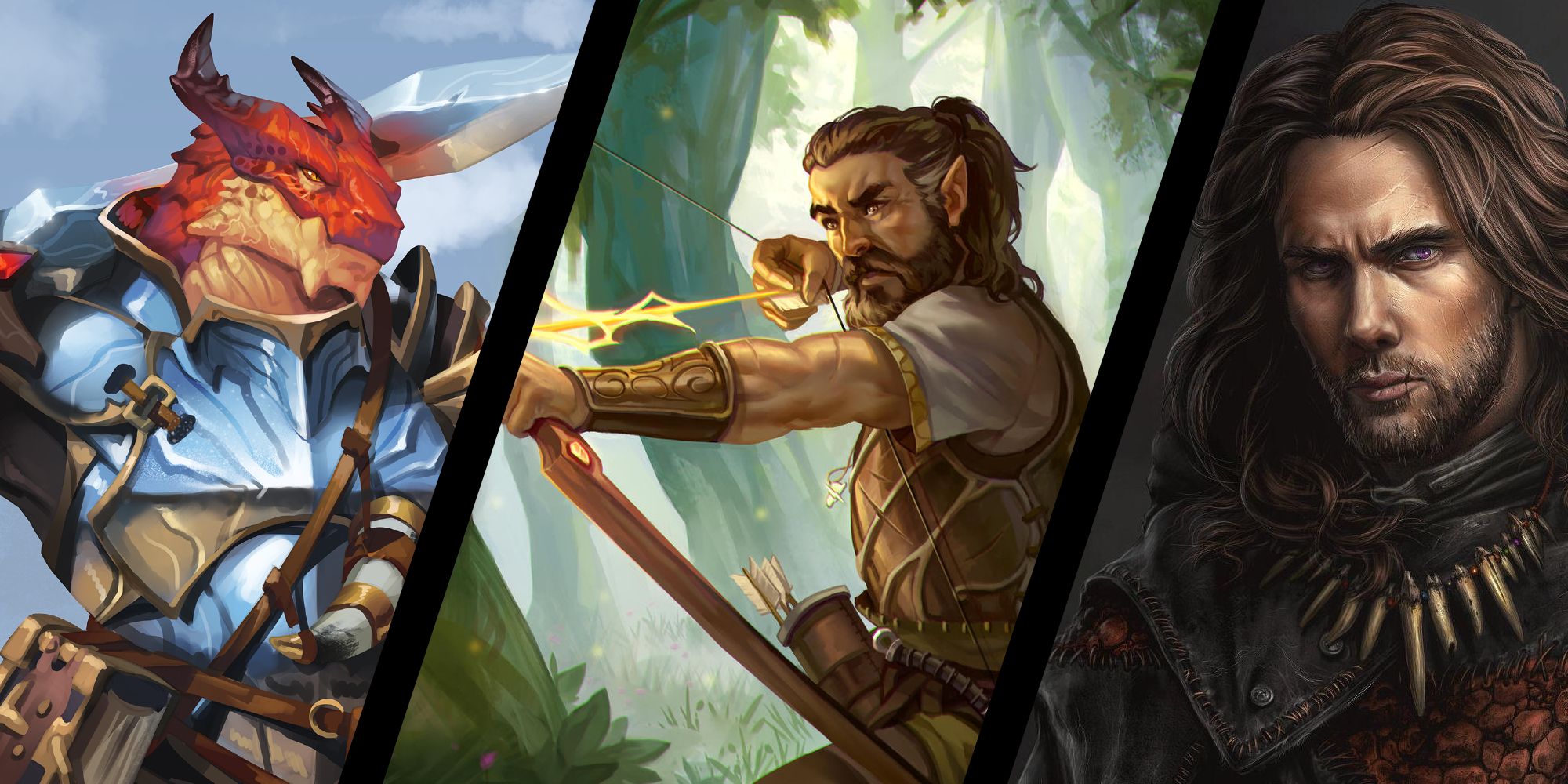
Related
17 Best Race-Class Combinations In Dungeons & Dragons
Certain Dungeons & Dragons classes are perfectly suited for specific races!
This can also set up a quick side plot or quest hook that allows you to craft an entire encounter focused on the guest player and their goals while still giving your players a reward for participating. It is also a lubricant for roleplay, as it doesn’t force your players to figure out an excuse to have a stranger join their group.
Avoid making the guest player’s character too affluent, as this can backfire on you fairly quickly when they decide to abuse it.
5
Keep Their Character As An NPC
Memorable NPCs are hard to make and harder to keep around, but what makes them even more memorable is if your players can associate a face and voice with them that isn’t just your own. Just because your guest player ends up leaving your table, that doesn’t mean their character has to leave as well.
While it’s not best practice to fudge rolls, consider making your monsters avoid outright killing the guest player’s character, as this will stop their role as an NPC dead in its tracks or cause some negative feelings if it’s their first game of D&D. Even if you decide to kill their character much later on, make sure you ask permission from the guest player first.
4
Give Them Epic Moments
Whatever reason the guest player is joining your table for, their time in the spotlight will be fairly limited compared to the rest of the party, which means their experience will be close to an all-or-nothing takeaway. To make sure they have a great time at your table, consider leading them to epic moments at the table that will make them memorable.
This can be allowing them to get the final hit on a monster if it was low on health anyway, or having a villain address them by name and swearing vengeance, or anything that makes them stand out from the party. Not only will this make sure your guest is satisfied with their short stay, but it will also give your players something to remember them by.
3
Expect A Shorter Backstory
A player’s backstory is important to allow them to feel like their character is a part of the world and personally affected by its dangers and rewards. This usually culminates over the course of many sessions and can even take an entire campaign to accomplish a satisfying resolution.
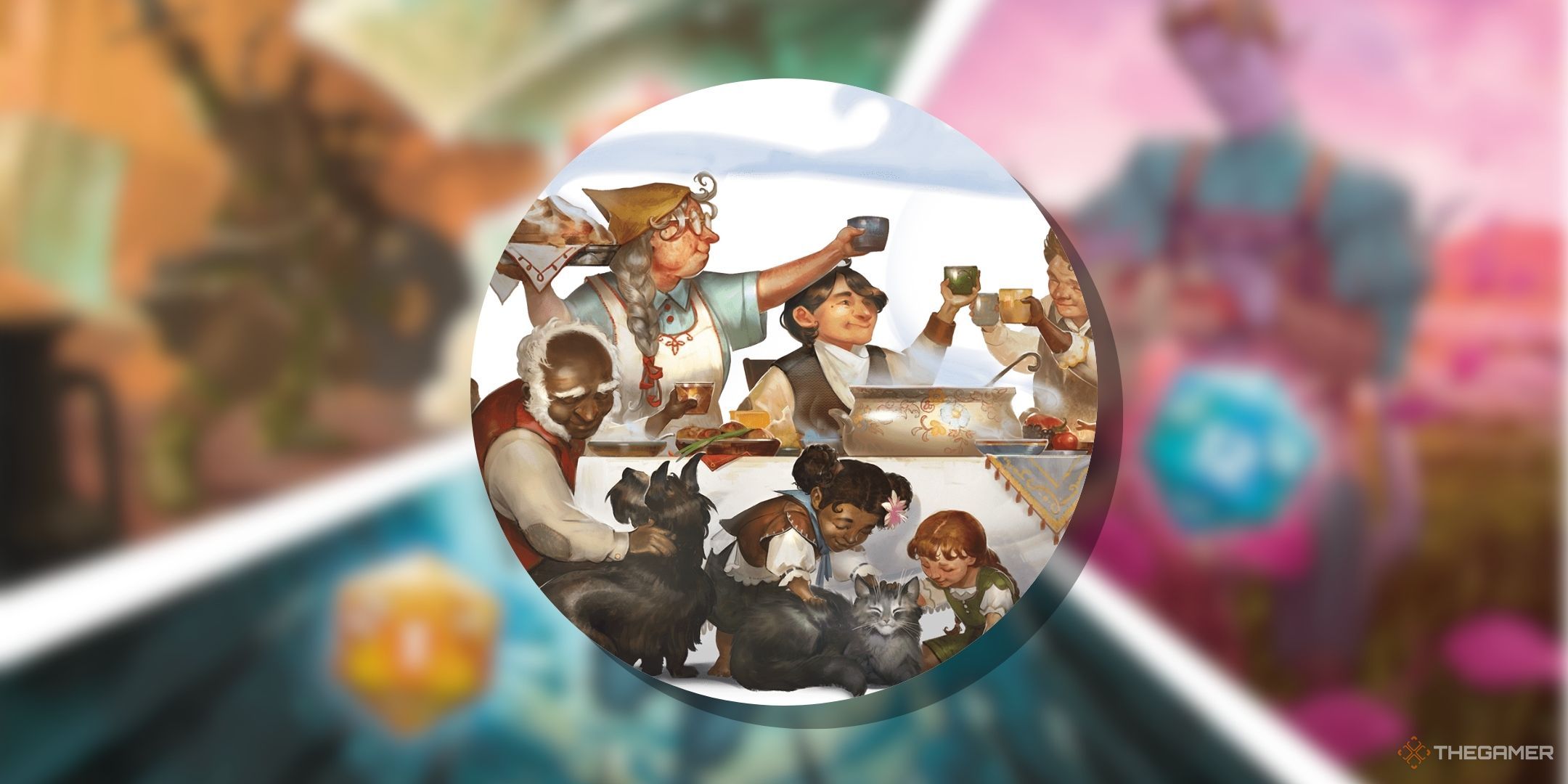
Related
Dungeons & Dragons: All Species In The 2024 Player’s Handbook
With ten species to choose from in the 2024 Player’s Handbook, choosing just one can be so hard. Hopefully, this list helps that decision.
Your guest player will simply not have enough time to have an entire character arc within the span of a handful of sessions at most, so make sure to advise them on making a short and sweet backstory. This will also temper their expectations and allow them to improvise new details about their character during roleplay that they weren’t beholden to.
2
Consider An Antagonistic Role
If your guest player is an experienced tabletop gamer, or at role playing in general, consider giving them an antagonistic role at the table. This can be the main villain’s henchman in disguise or a trickster fey using the party’s trust and kindness against them for their own ends.
Whatever you decide together, make sure it isn’t obvious at the start, or else it can easily derail the entire session, as your players will not want to work with them. You can even plan exactly when they turn on the party, which will become a moment the table never forgets.
Avoid allowing guest players to kill off your player’s characters, especially if you have session zero rules considering inner party conflict.
1
Give Them Information The Party Doesn’t Have
A detail you might already consider for every NPC your party meets is how much information about the world they have. By varying this, you create a more lived-in world where not every shopkeeper knows which of the king’s advisors means him harm or owns what castle in what city.
By handing secret information to your guest player, they are able to be useful to the party in more ways than just being able to swing a sword while making them feel more like a real character to the party rather than just a guest player. This information could also be a crucial plot element that ties them to the main story in a unique way.
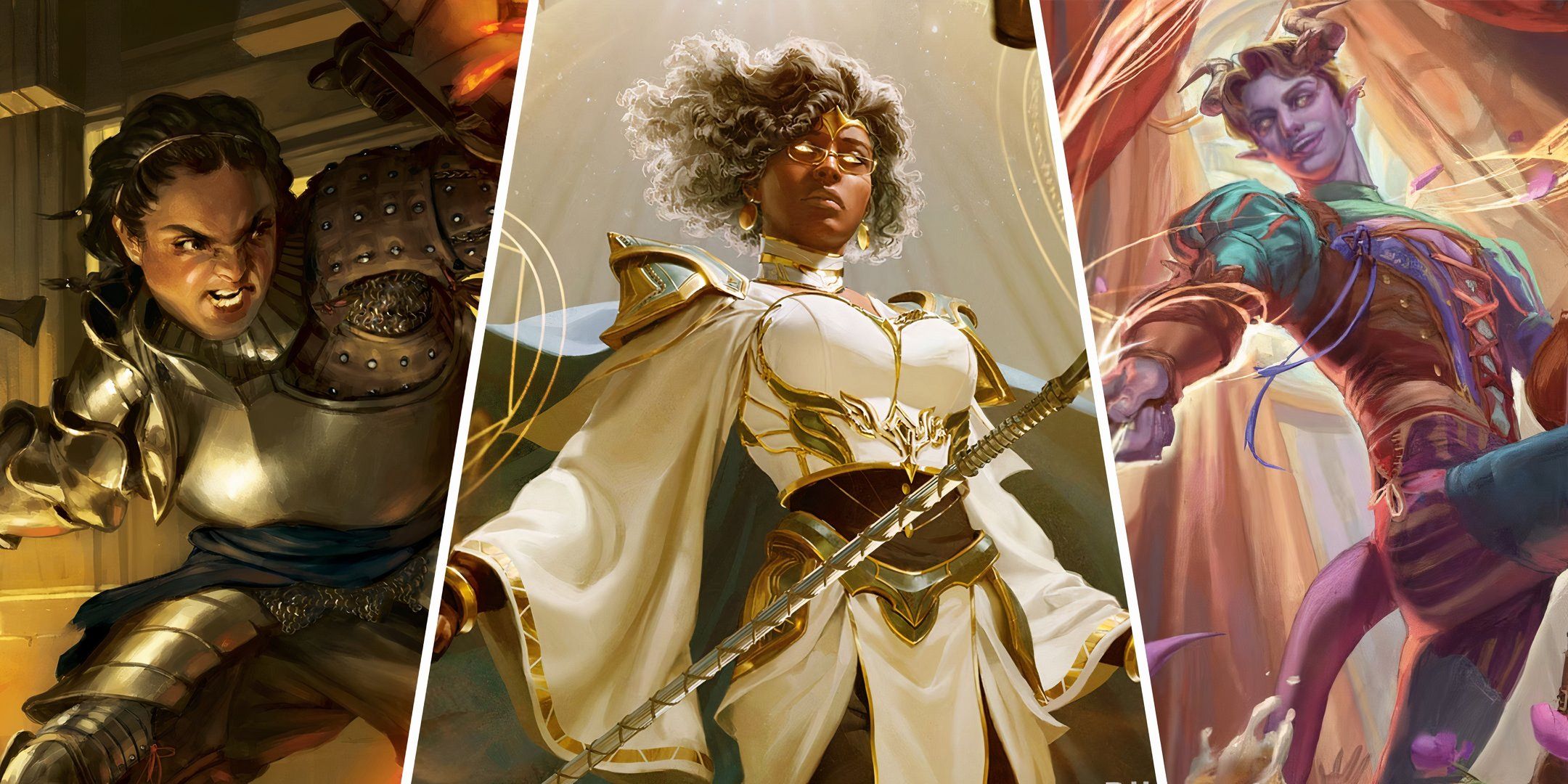
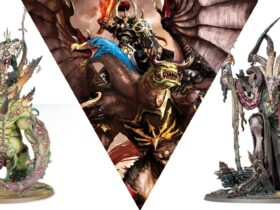
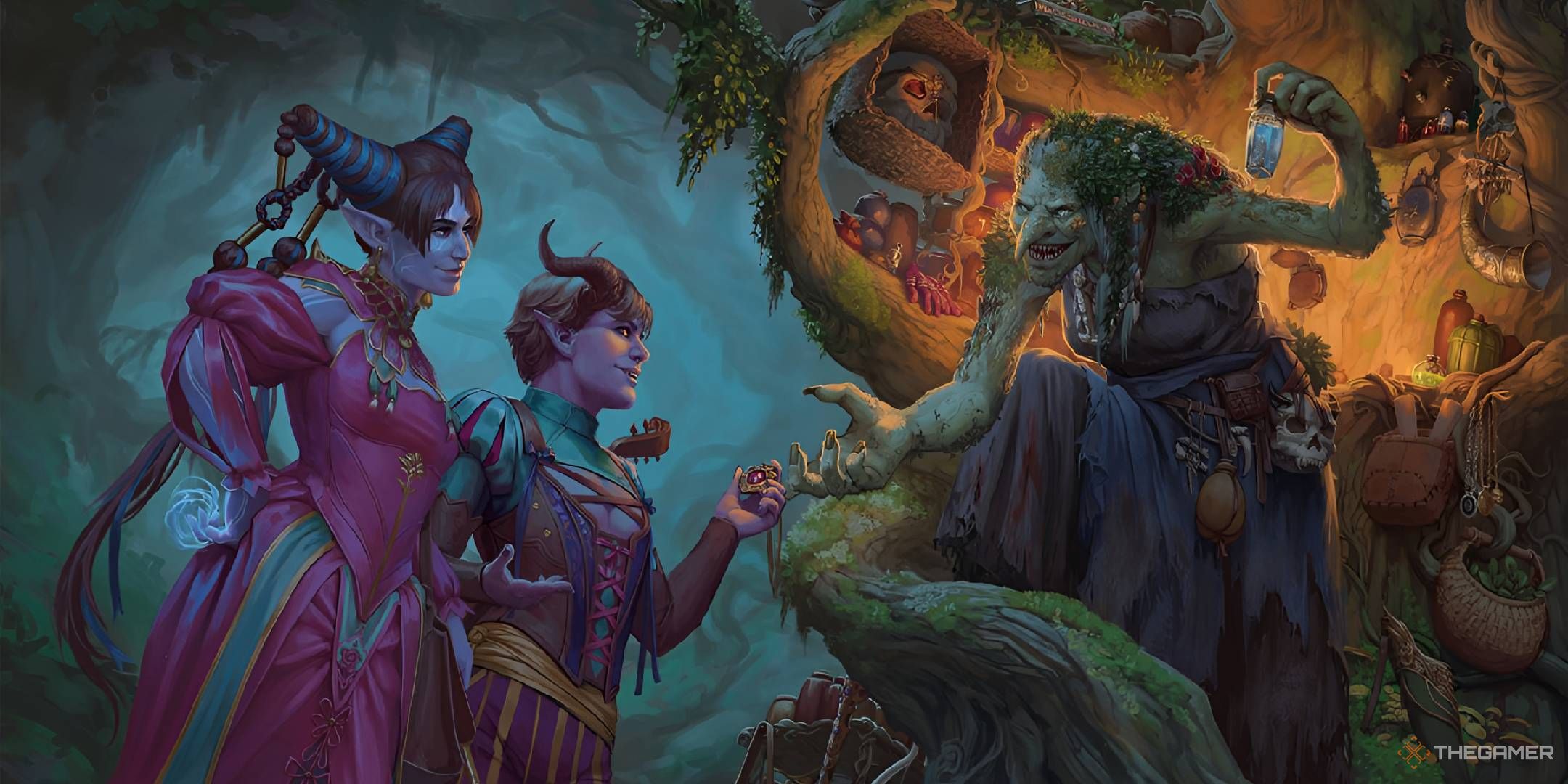
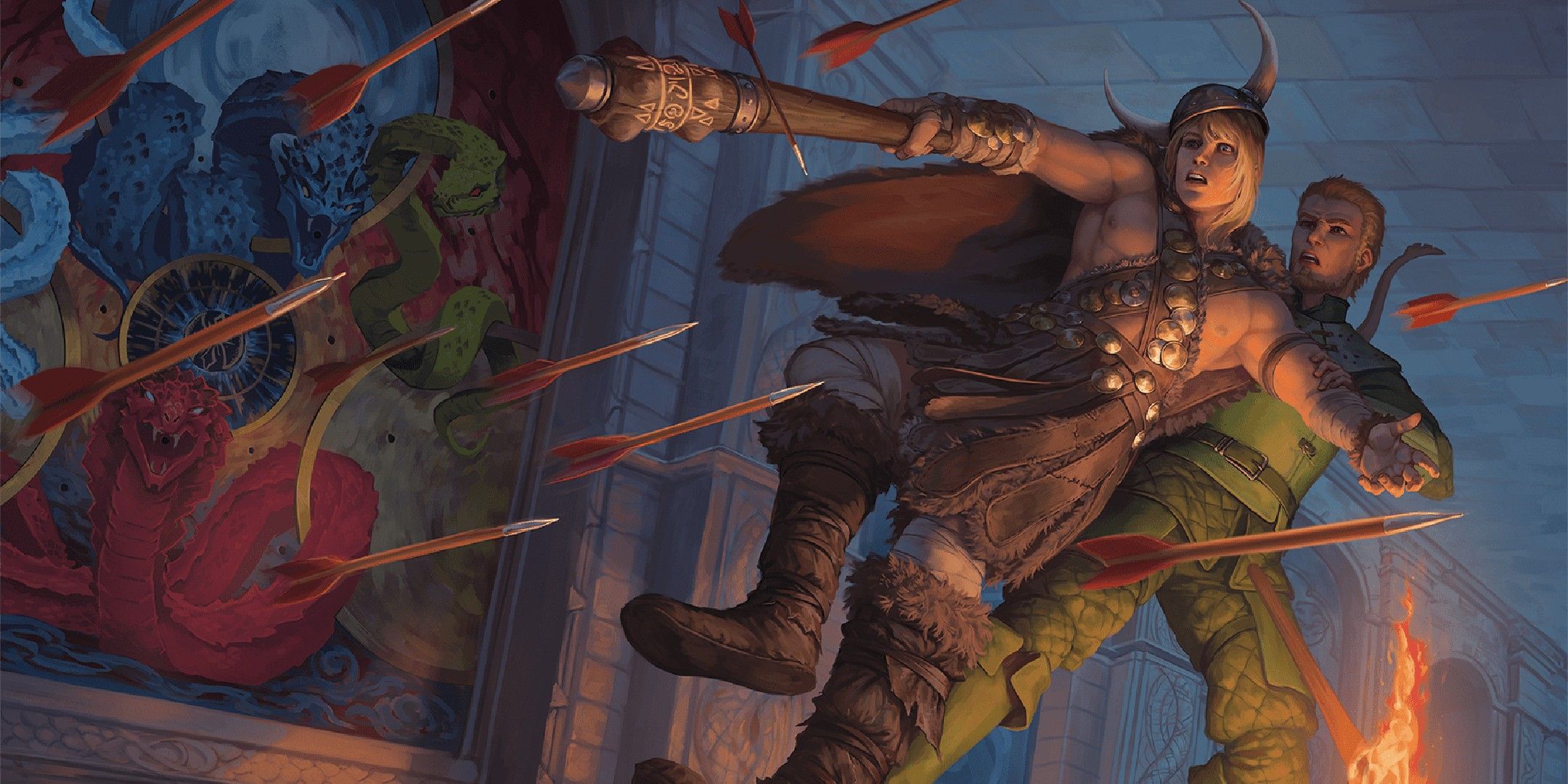
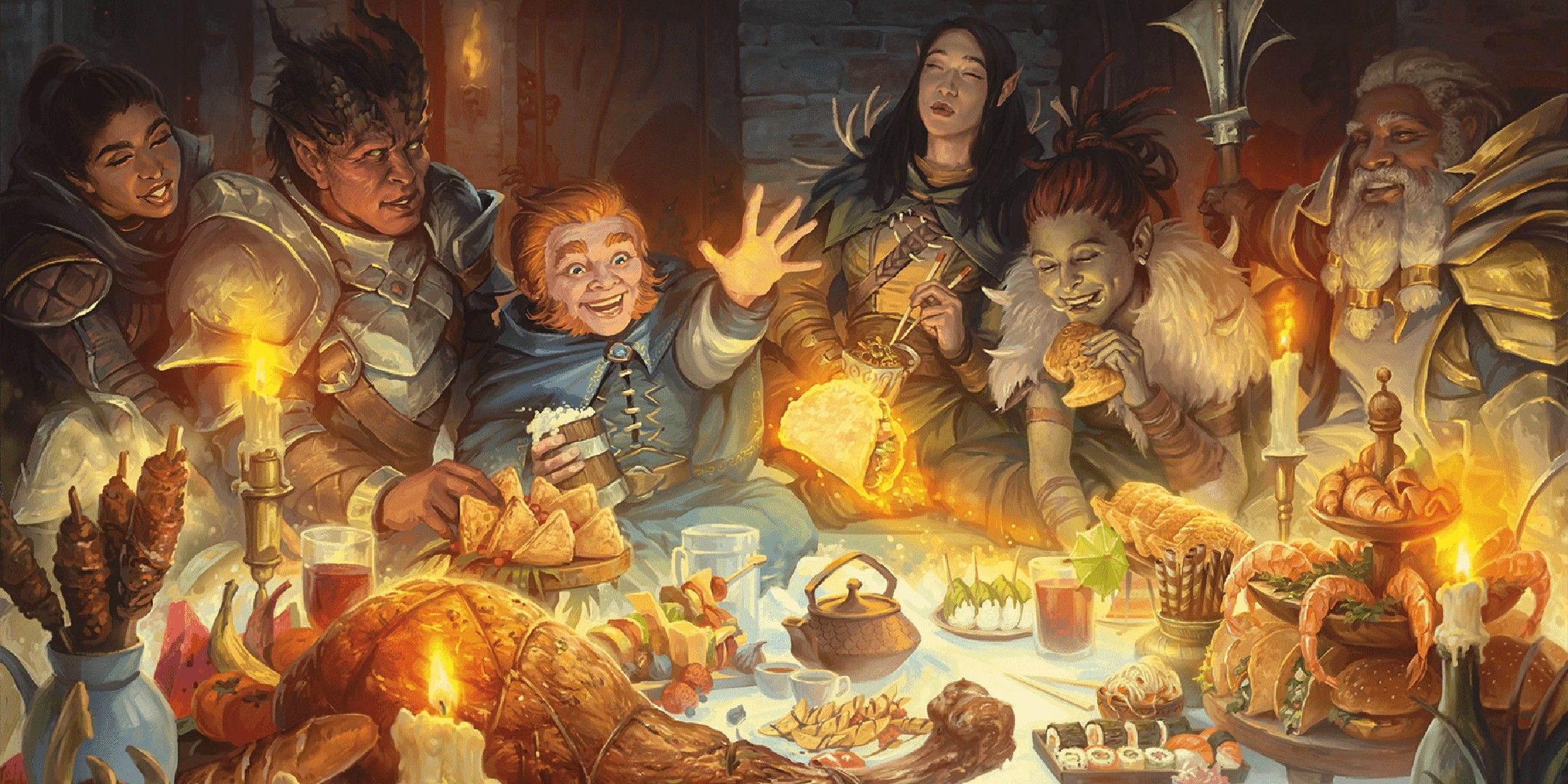
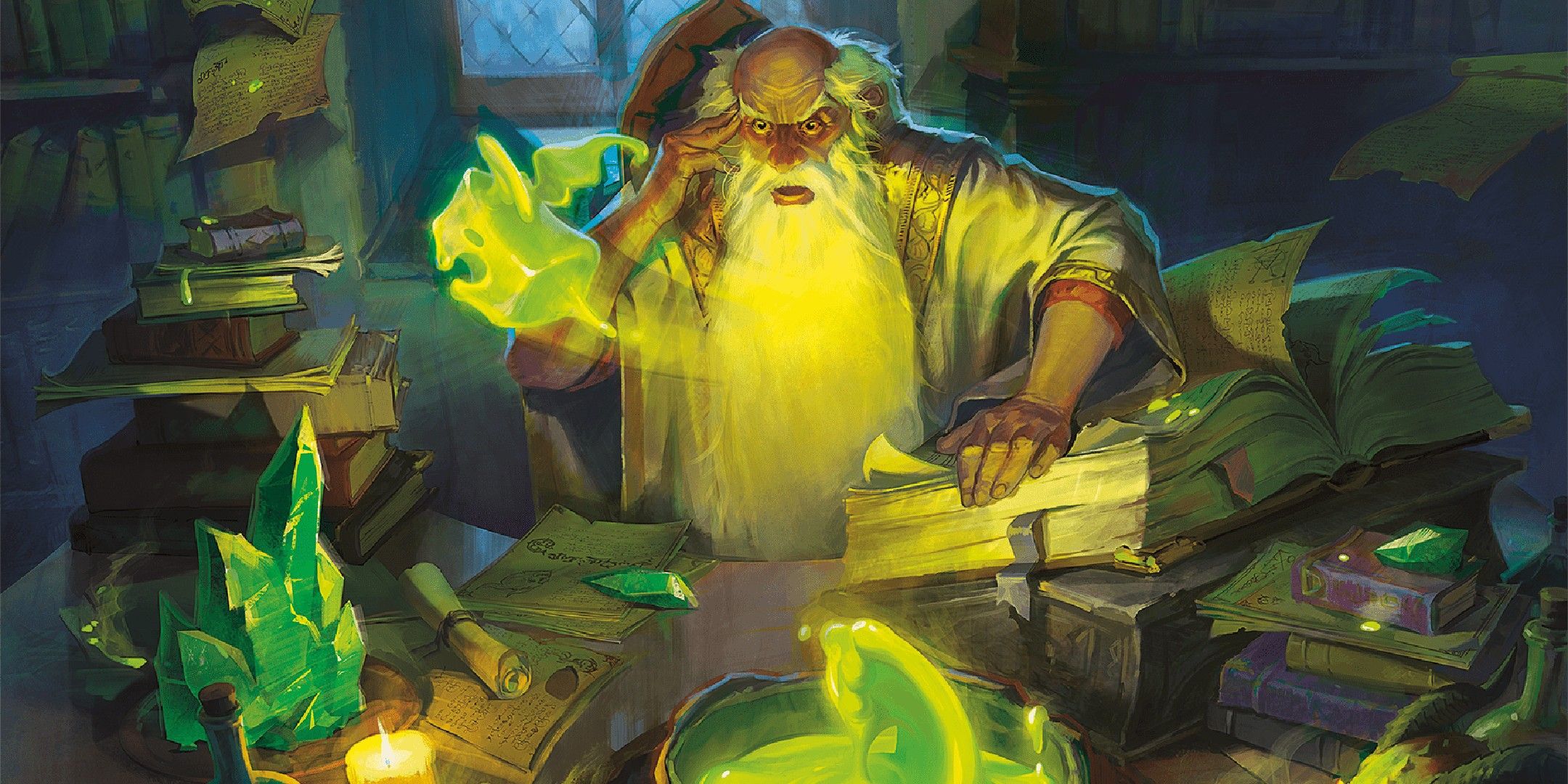
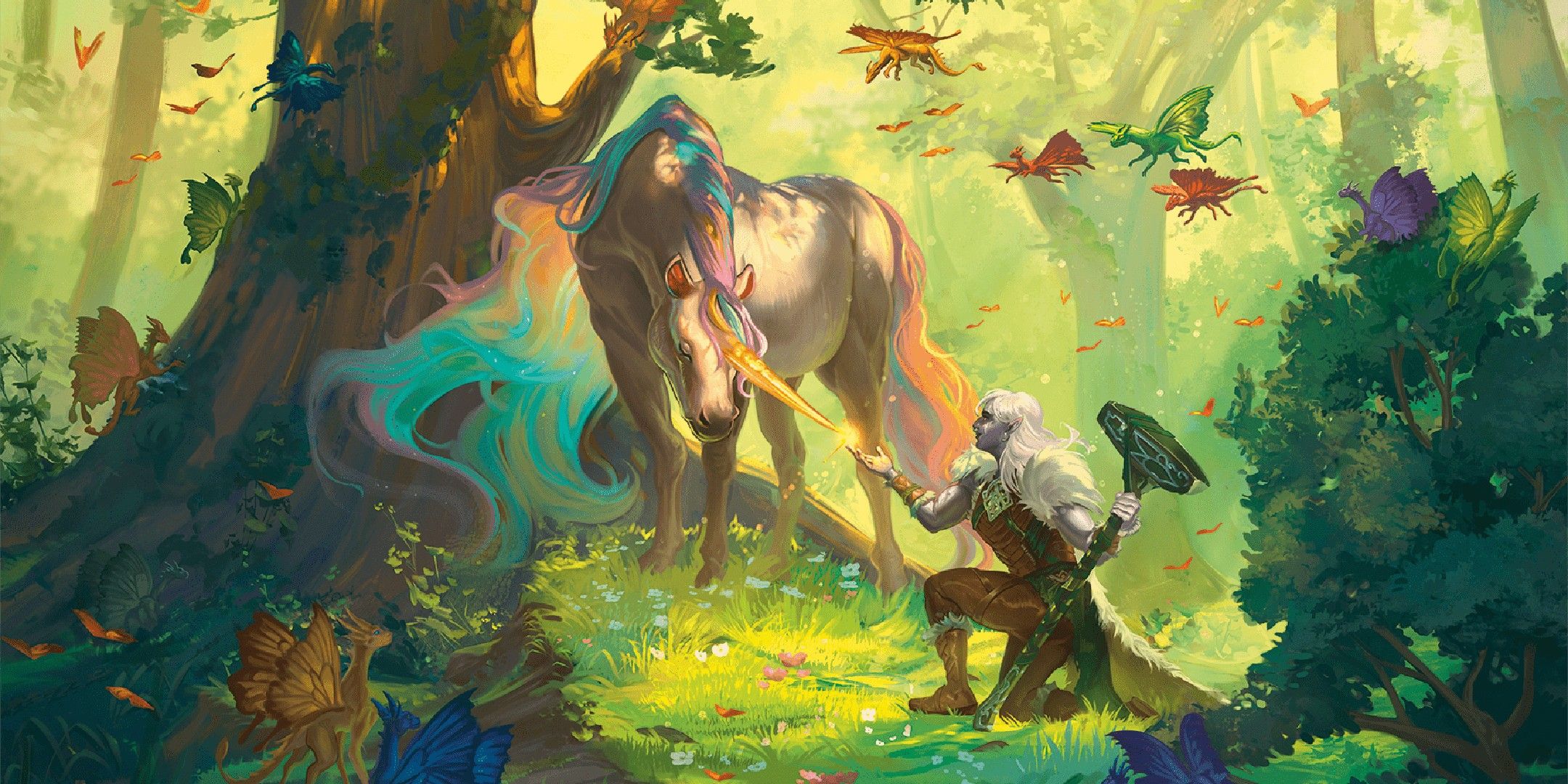
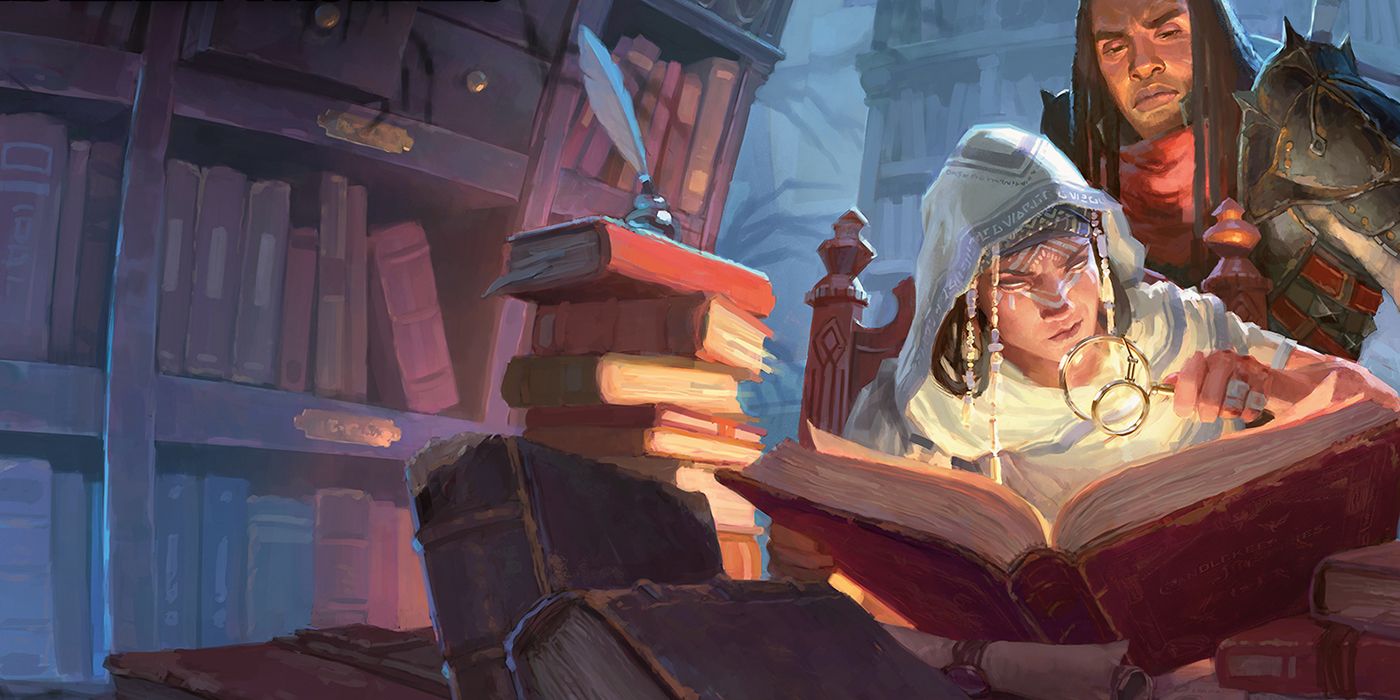
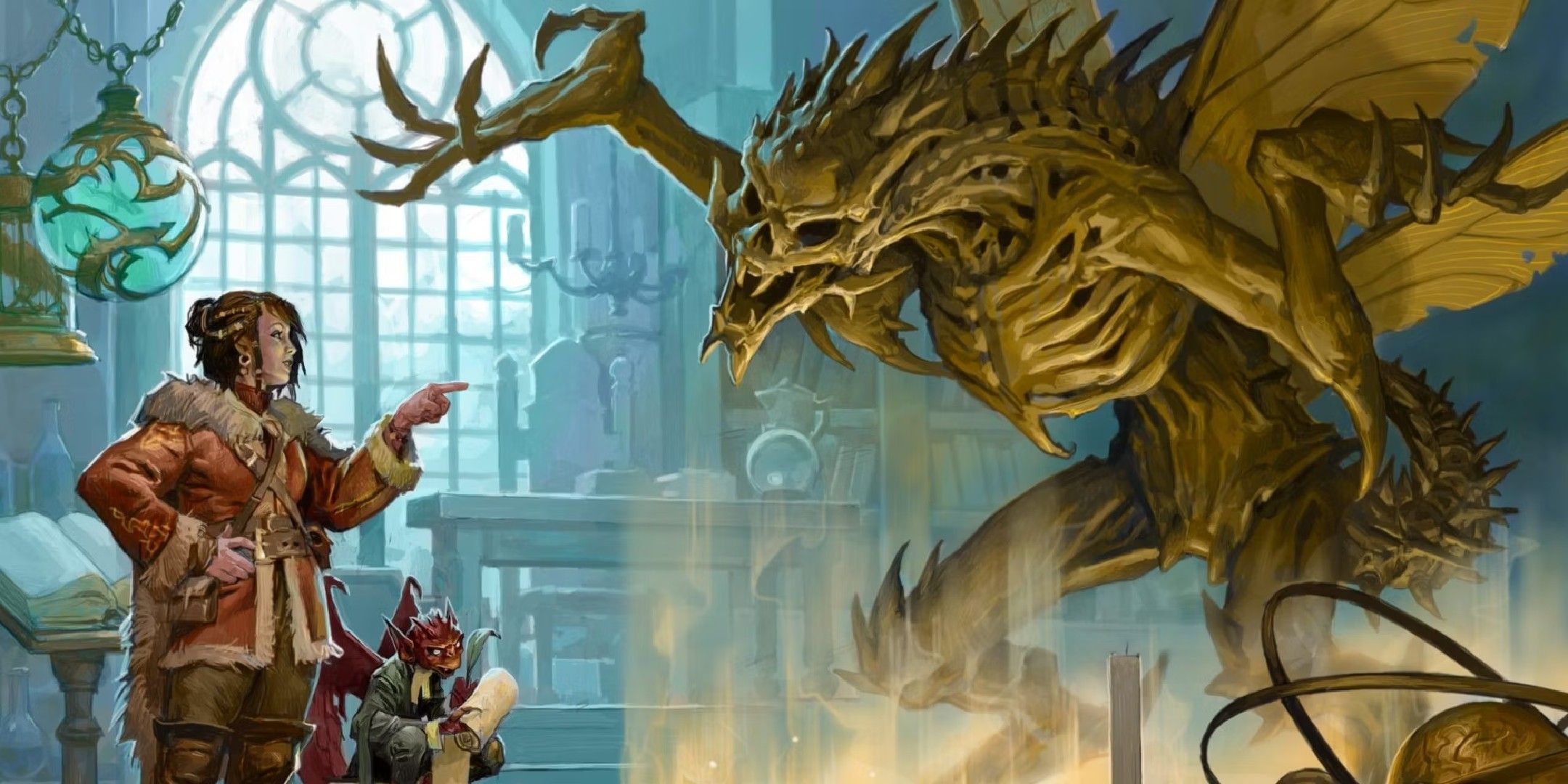
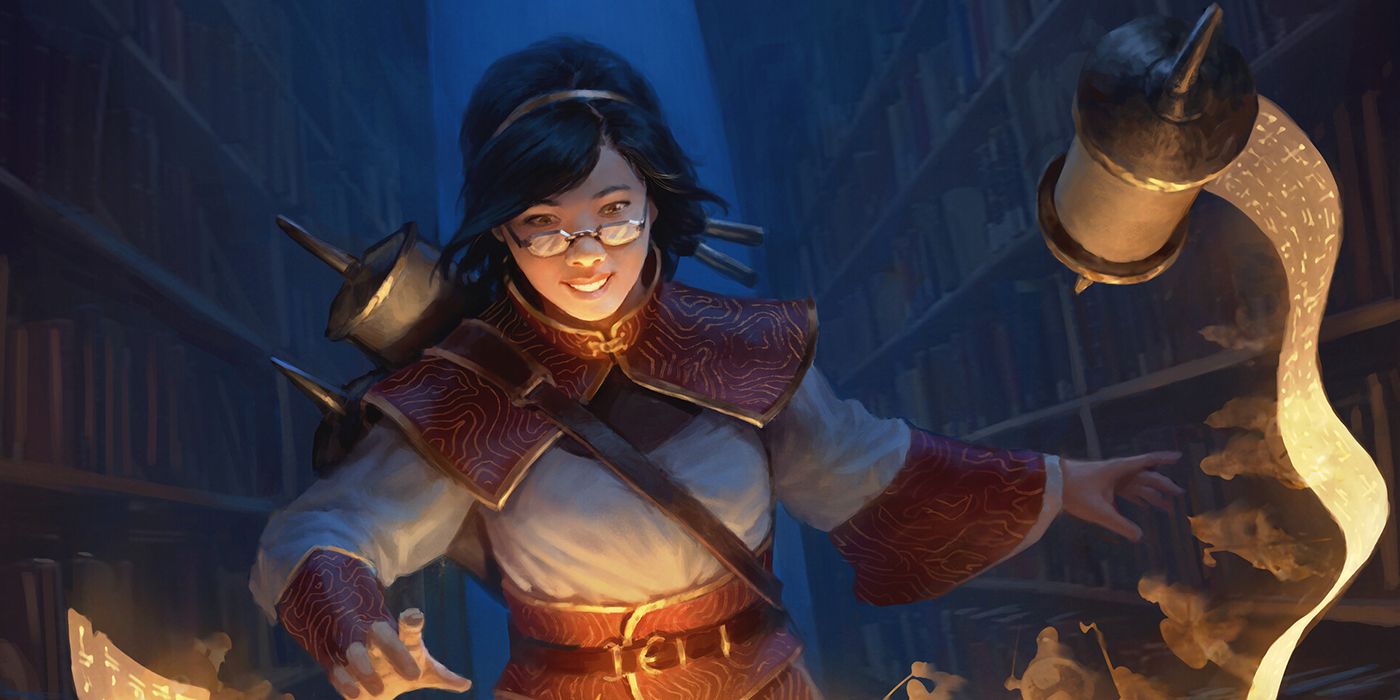
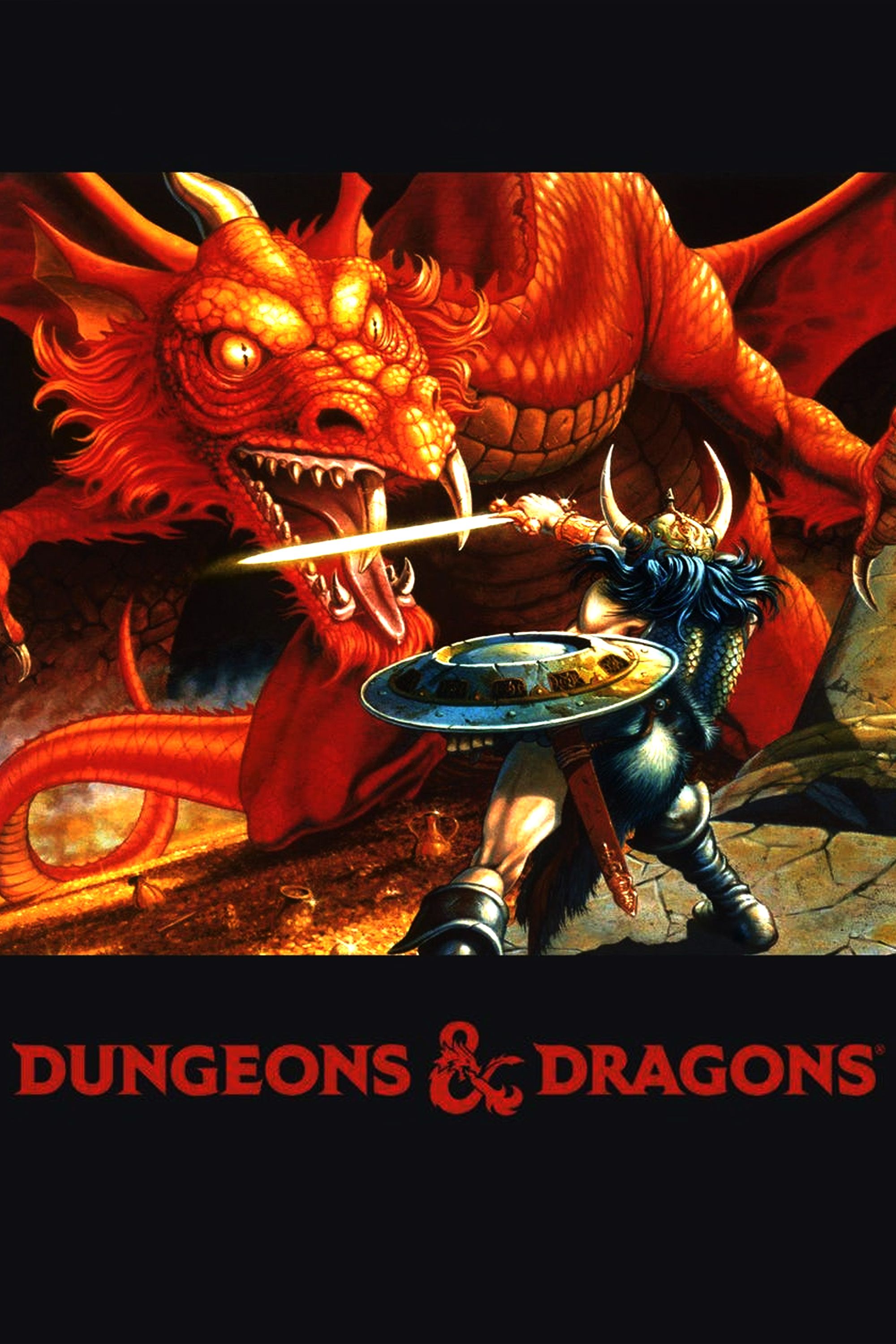






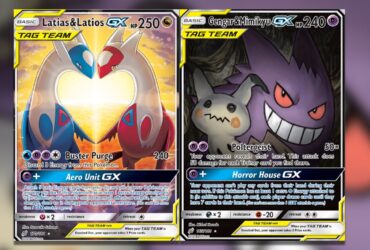

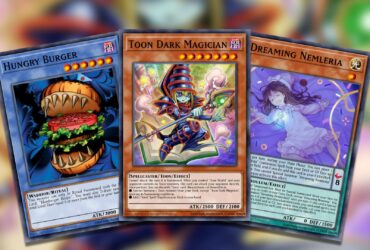
Leave a Reply